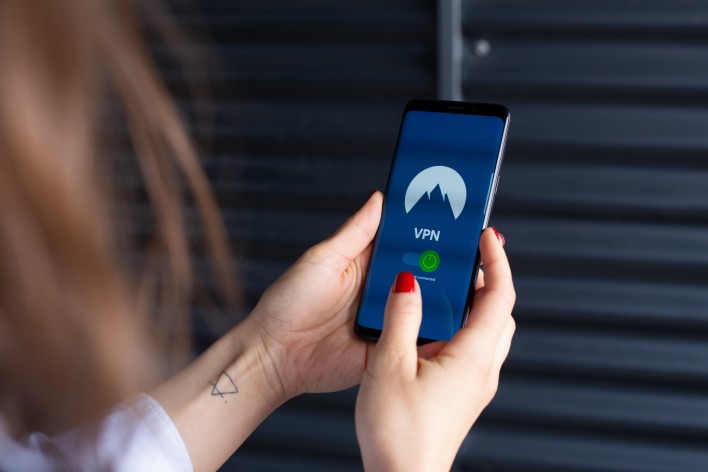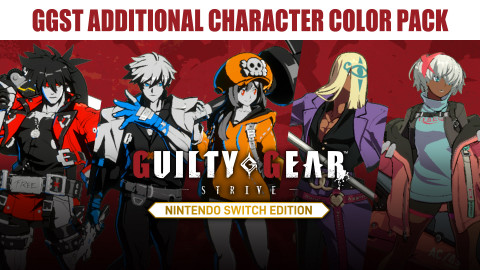
*Disclaimer: The following article was written by a guest author, and it may not necessarily represent Inven Global's editorial stance.
Wouldn’t it be great if there was a single service or piece of software that could ensure our online safety 100%?
Unfortunately, at least at the time of writing this article, there is no such thing. But that doesn’t mean we’re accepting defeat against hackers or anyone that wants to snoop on us online.
If you take the time to add layers of security when using your devices, you’ll build yourself an excellent wall of defense.
So, what are those layers?
Security Layer 1: A Good VPN
In case you’re just beginning to educate yourself in the arena of cybersafety, I’ll provide a brief explanation of what a VPN is and what it can do.
VPN stands for Virtual Private Network. It’s a service you can use that will allow you to browse the internet both safely and privately. This is done by routing your internet connection through a private server that hides your online activity.
Are you wondering if it’s complicated and difficult to use? Not to worry! It’s as simple as starting the software and signing in. Once you’ve done that, your information and data are encrypted before your ISP (Internet Service Provider) has a chance to see what you’re doing and follow. It doesn’t matter if you’re watching a YouTube video on how to fix your toilet, or if you’re doing your banking. It’s your business, and no one is looking over your shoulder. When you arrive at your virtual destination, you are recognized as coming from the VPNs servers and not from your ISP, your location, or even your own device.
Since no two VPN service providers are the same, you need to do some of your own due diligence when choosing one. And there are several out there. You should check out the best VPNs in the industry before making your final choice.
Back to what I mentioned above. Since no two are the same, it stands to reason that different networks are going to offer differing levels of security, due to whatever technology or protocols they might use. And it might not be the tech itself that limits them. Depending on where the servers are geographically, the company will have to abide by the laws of the land. And the law might stipulate that if a court order is served forcing them to share their records on your browsing activities, they will share them.
So, if a VPN is only the first layer of protection, what other means should you be using to ensure online safety?
Security Layer 2: Strong Passwords
Most of us have all kinds of sensitive information either stored or accessed from our computers. Let’s say you were to use a simple 5- or 6-digit letter or number password. Maybe a combination of both. And since you’re not a complete moron, your password isn’t something like 123abc. Nope, you’re a smart cookie, and your password is 1a2b3c.
Do you know what a brute force attack is? It’s a very popular method of password cracking. There are many ways this attack is carried out, but the easiest and quickest to explain here is the dictionary attack. A program basically runs through a dictionary of words, one-by-one, until it hits on the word you used. Which is why you should never use an identifiable word in a password.
Does that mean you’re safe as long as you use letters and numbers? No. If a hacker keeps up with the pummeling—there’s a reason why these are called brute-force attacks—they could find an 8-character password in a matter of days.
How about we take this a step further. What’s the sign-in process for most websites? It’s your email address and password, right? Let’s say a hacker has your name. Is your email address yourname@gmail? With that and your password, they are privy to all kinds of your sensitive information.
Let me condense all of the above into a single sentence. Use long, strong passwords, and change them often.
Security Layer 3: Email—Don’t Open, Don’t Click
No, I’m not suggesting you stop opening any of your emails. What I am saying is to use a degree of caution and common sense.
Here’s an example. I just checked one of my email accounts that gets a ton of spam. I have two emails from people I don’t know. The subject line of one is “OMG”. The subject of the other is “fast and easy”. There are others, but this isn’t an adult only site.
Those emails will be deleted without me ever opening them. Why? The chances or some sort of malware being attached to the links they’ll likely contain are high. If you click on something it could add a variety of different programs to your device. For example, a keylogger which is used to track every keystroke you type. Like your passwords.
Phishing is a little harder to detect. A hacker will cleverly disguise themselves to the point you think it actually is your bank or credit card company emailing you about a problem, telling you to follow a link to enter your account and fix whatever needs to be fixed. Never, ever, follow a link in an email from any company, even if you are a customer of theirs. Log directly into their site from your browser. Or do a quick Google search to see if your email might be legit.
I said at the outset that it’s pretty hard, if not impossible, to keep yourself 100% safe online. But there are definite measures you can take, especially if you use more than one method. Layer as many as possible and increase your chances of staying safe while in cyberspace.
-
 Guest Reporter
Guest Reporter
Sort by:
Comments :2
-
0
level 1 Jessie_G
They do if they're anonymous. There's a huge difference between, say, ExpressVPN and a run-of-the-mill free VPN.
-
0

level 1 Lisa_Miller
My favorite is VeePN. Good speed, does not interfere with the work of other applications, provides a secure connection. I advise everyone





